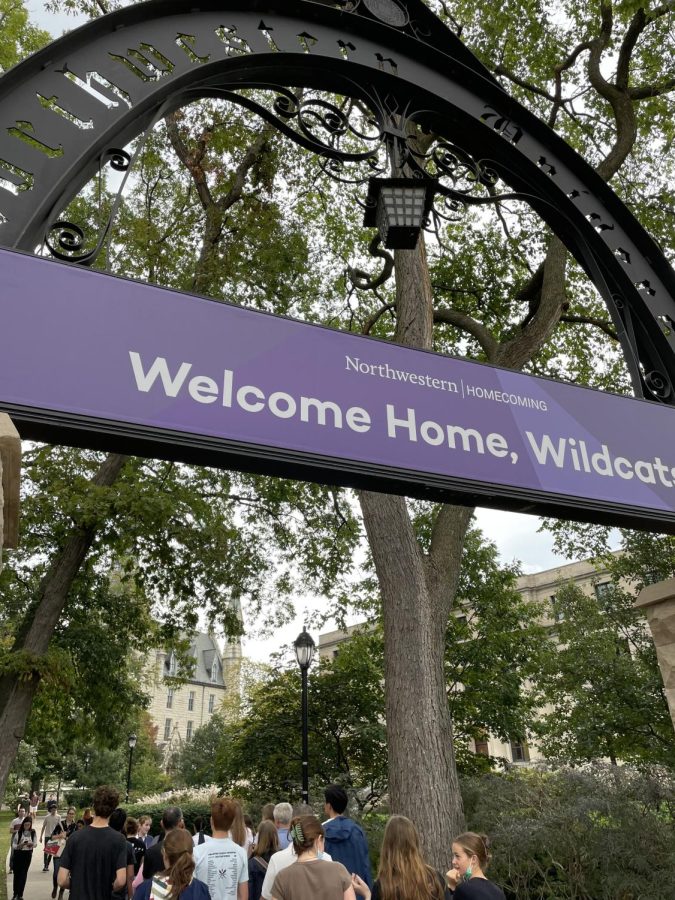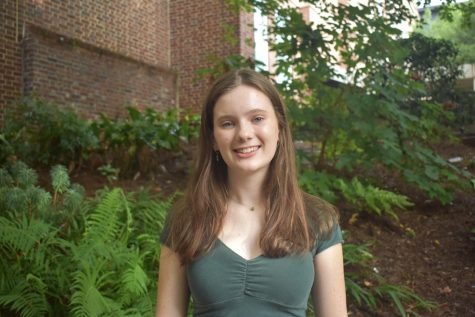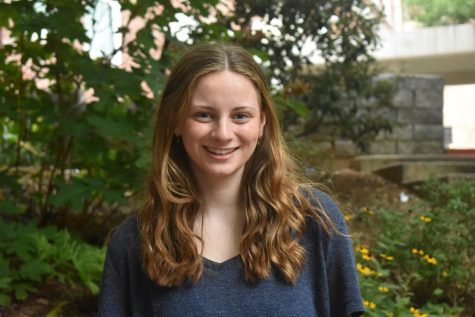APS should allow students to tour colleges without punishment
Junior Katie Sigal went on a tour of Northwestern University. The tour was on a Friday and she received an unexcused absence. Northwestern is one of the thousands of universities around the country that tracks demonstrated interest.
April 20, 2022
While juniors and seniors prepare for post-high school life, many travel around the country to tour possible colleges and universities. Most tours occur during weekdays and pause during the holiday season — when many students are traveling.
Despite the importance of these tours, Atlanta Public Schools has a policy that states touring colleges does not count as an excused absence. By not counting college tours as an excused absence, this policy discourages students from exploring their opportunities post-high school by lessening the opportunities for official tours.
Students at Midtown are allowed five unexcused absences before facing punishment. With activities such as club sports not counting as excused absences, students are left with a slim margin before being punished.
For a school whose school theme up until earlier this year was “College and Career Readiness”, Midtown should do more to help encourage students to explore their collegiate options. Pathway classes including marketing, business, engineering and journalism are allowed to take students on field trips to explore real-life applications in the field, giving them a chance to learn more in-depth about future career options. These trips are counted as excused absences. While there are no school sponsored field trips to any colleges or universities in Georgia, APS should still allow students the chance to visit on their own.
A 2021 study of 1,478 students found that students who participated in college tours were more likely to participate in conversations about college options and preparation with school personnel. The study also found that college tours improved the student’s knowledge about college compared to those who simply were given an information packet.
Other districts, including Gwinnett County Schools, allow each student three college visits as excused absences. This allows students at least some opportunity to tour without accumulating too many unexcused absences.
Some may argue that touring colleges is disruptive to educational time, because of the need to travel to the school and then participate in the tour (typically around two hours long). However, tours only take away from one day of instruction. Similarly to Gwinnett County and other school districts, APS could allow only a certain amount of days to be counted as excused absences for visits and those would have to be certified by a note from the college toured.
Research from The National Association for College Admission Counseling found that about 17 percent of four-year colleges expressed interest in their schools, such as participating in campus tours, as having “considerable importance” in the application process, with 33 percent of schools also considering it “moderately important.” Other than grades, extracurriculars and test scores, demonstrated interest is important because it helps protect universities’ yield rate. Yield rate is the amount of students accepted to a school that actually end up attending. Not only does demonstrating interest help students with acceptance chances, it also makes the high schools look good when more students are accepted into schools.
By presenting a barrier for students to visit potential schools, high schools like Midtown could be jeopardizing students’ futures. APS should implement a new policy that allows students a chance to visit colleges and universities as an excused absence.








